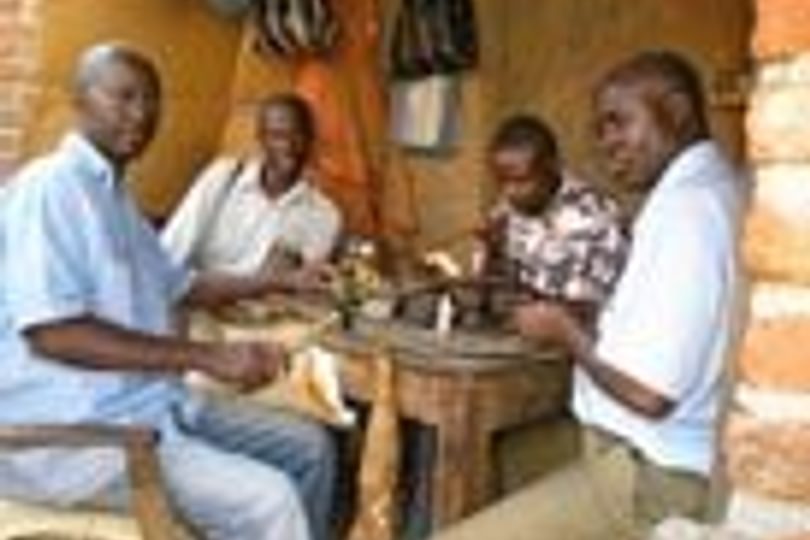
A new report from the International Migration Institute has dispelled myths and common public perceptions concerning African mobility. The report, ‘Migration, Mobility and the African City’, is the result of a research programme exploring alternative conceptions of human mobility, based on empirical research undertaken by partners in the Democratic Republic of Congo, Ghana, Morocco and Nigeria.
Says IMI Co Director, Oliver Bakewell; “There has been a growing volume of research on African migration, but our observation was that much of this was framed by a research agenda reflecting European preconceptions and concerns. The volume of research on migration from Africa to Europe far outstrips that on migration within the continent. Concerns about irregular migration, trafficking, insecurity and migration as a response to crises across Africa have attracted disproportionate attention, while the much more common experiences of mobility have tended to be neglected.”
Certainly, the researchers uncovered some interesting results.
- Sub-Saharan immigrants to the Moroccan city of Fès, looking for a 'new life', could be described as 'lifestyle migrants' in much the same way as Westerners who move to North Africa looking for adventure.
- The Democratic Republic of Congo (DRC) is usually associated with refugees fleeing violence, but the city of Lubumbashi is actually a destination for migrants from all over the world looking to make a living and develop their business networks.
- Traders from Nigeria and Ghana go to Asia to source products to sell in African markets - but that doesn’t necessarily mean they’re going to migrate to Asia permanently.
As a result of this project, IMI has also produced a Policy Briefing on North-South collaborative research.
This briefing has been produced particularly for the audience of university researchers, NGOs, businesses, international agencies and donors, and contains useful lessons from the APHM collaboration. To find out more please go to the IMI website.